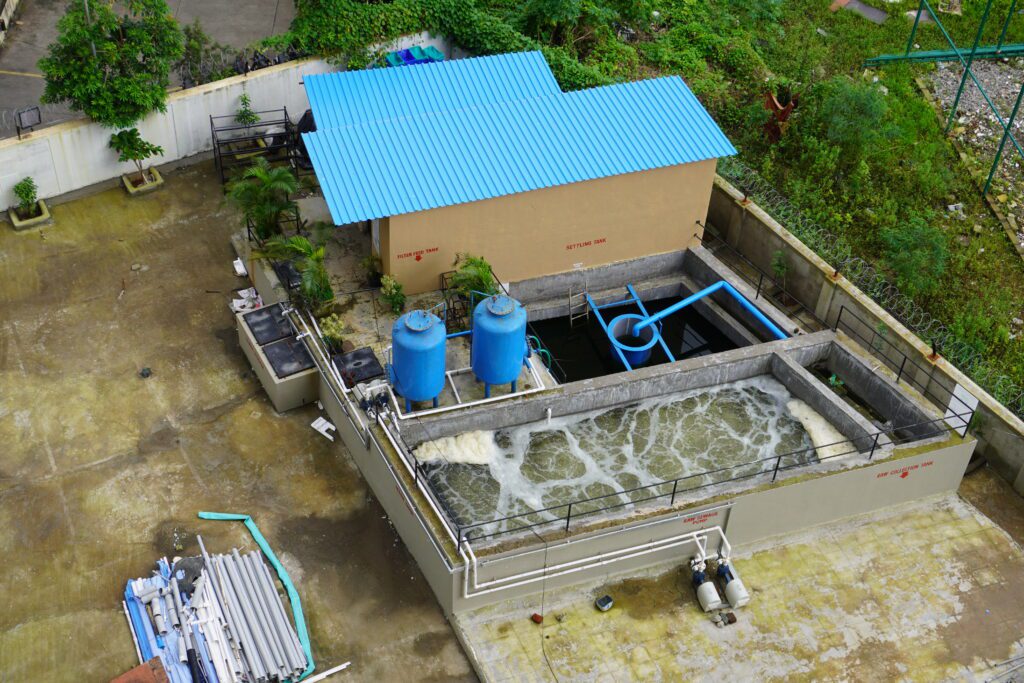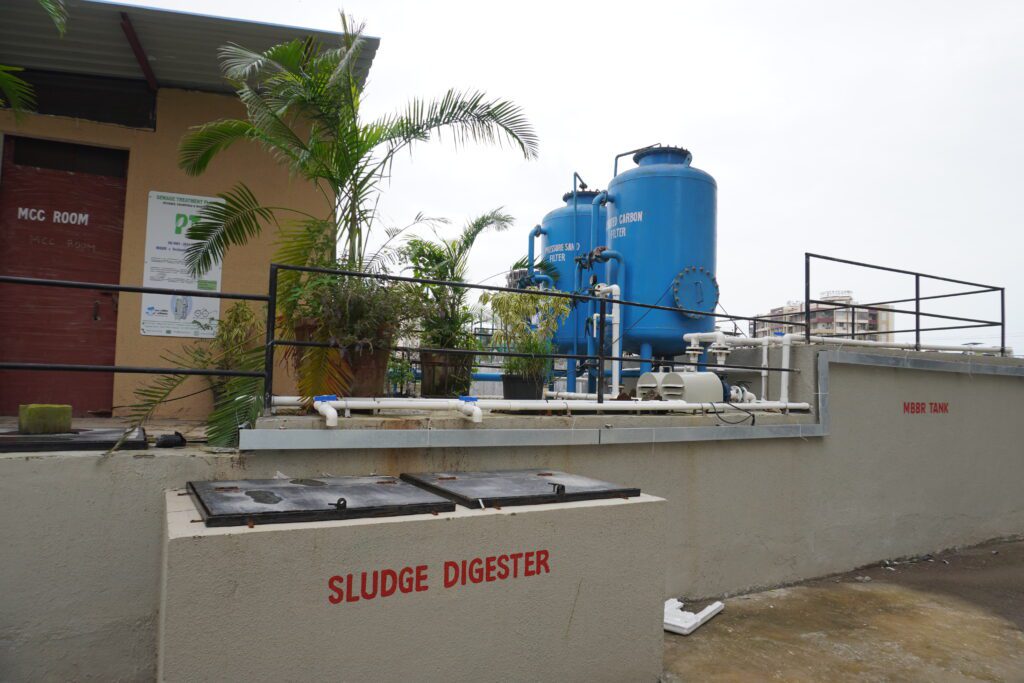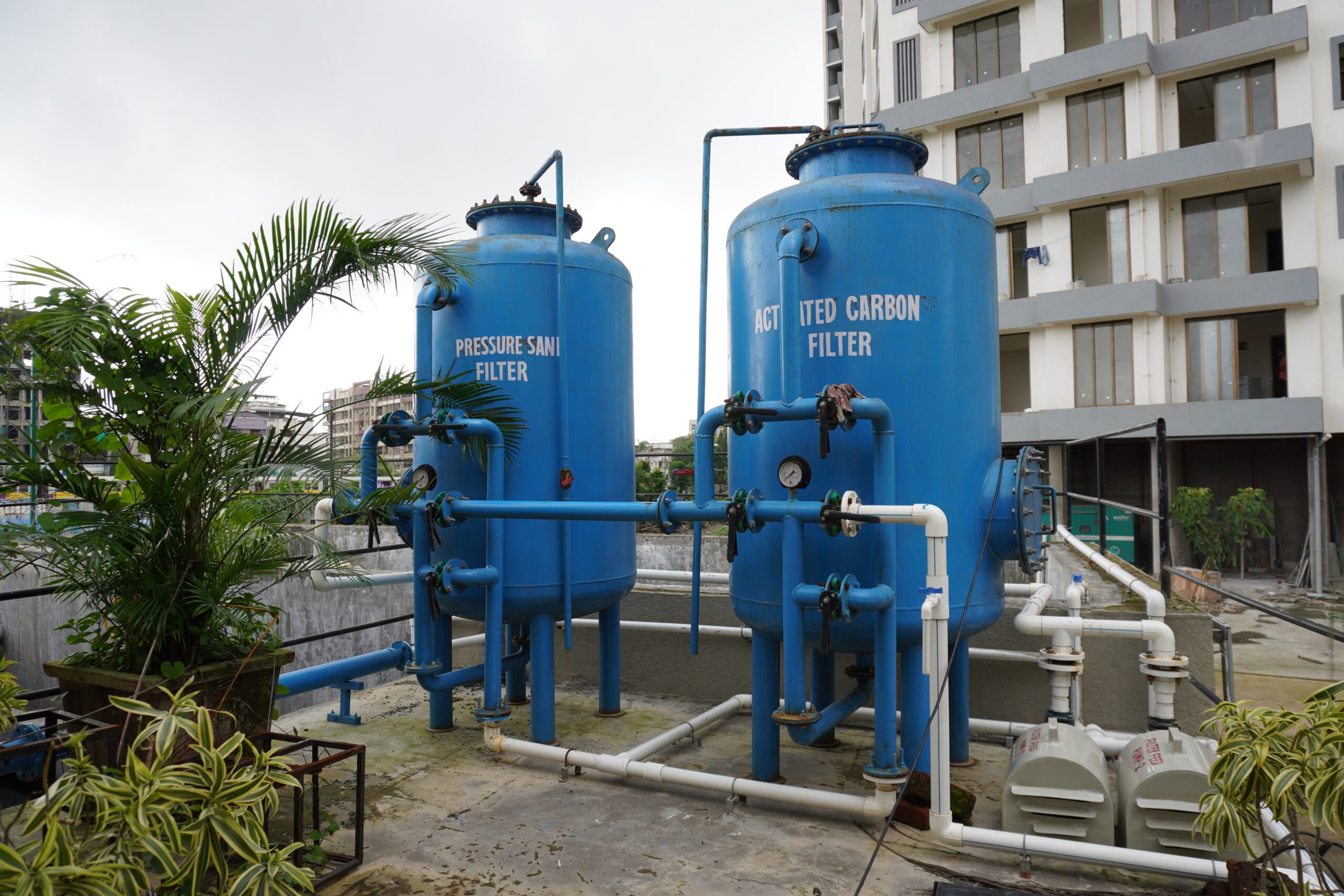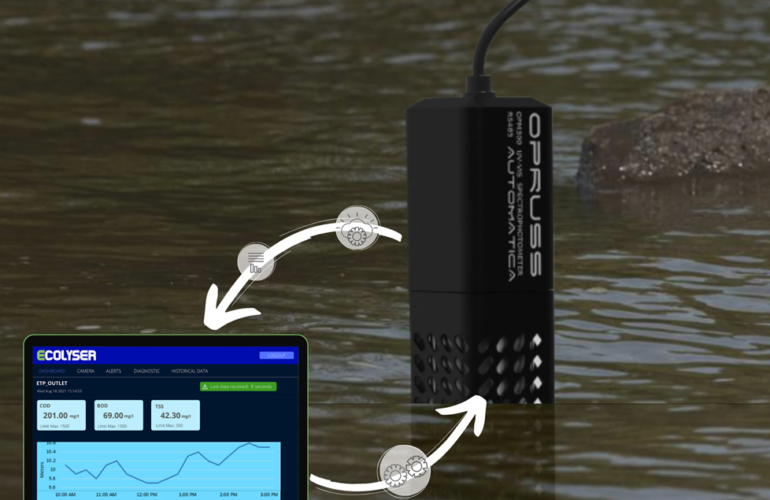Sustainability has become a defining feature of modern universities. Higher education institutions are adopting environmentally friendly alternatives, such as adopting renewable energy sources and energy-efficient structures. Wastewater management, however, is one of the most neglected facets of campus sustainability. In addition to being required by law, sewage treatment facilities (STPs) are effective instruments for creating green colleges.
With an emphasis on the DiGiSMART STP system from PT Ecological Services, one of the top dealers of sewage treatment plants in India, this study examines STP compliance for educational campuses. We’ll go over the importance of sewage treatment systems, how to install them on contemporary campuses, and the advantages they offer to organizations striving for environmental leadership.
The Importance of STP Compliance in Universities
Universities produce a lot of wastewater every day, much like small cities. This covers water from administrative buildings, labs, cafeterias, hostels, and bathrooms. This sewage can spread diseases, harm local ecosystems, and break laws if it is not properly treated.
STP compliance ensures that campuses:
- Meet Central Pollution Control Board (CPCB) standards.
- Protect groundwater from contamination.
- Recycle treated water for landscaping, flushing, and cooling.
- Enhance their reputation as sustainable institutions.
The Role of Sewage Treatment Plants (STPs)

1. Preserving Public Health
Bacteria, viruses, and diseases are frequently found in sewage. These dangerous substances are eliminated by an effective sewage treatment facility, protecting local communities, teachers, and pupils.
2. Preservation of Freshwater Resources
Freshwater can be substituted with treated wastewater for HVAC cooling systems, toilet flushing, and gardening. For campuses in areas that are water-stressed, this is essential.
3. Complying with environmental laws
Adherence to regulations is mandatory. Without appropriate STPs, universities run the danger of fines, legal action, and harm to their reputation.
4. Assisting with Sustainability Objectives
Campuses can support the Sustainable Development Goals (SDGs) of the UN, especially SDG 6: Clean Water and Sanitation, by including STPs.
The Innovation of DiGiSMART STP Systems
The DiGiSMART STP system from PT Ecological Services is a game-changer for campuses. Unlike traditional sewage treatment systems, it is fully automated, energy-efficient, and designed for modern institutions.
Key Features of DiGiSMART STP
- Automation – Reduces manual intervention and ensures consistent efficiency.
- Compact & Flexible Design – Saves land space, crucial for urban universities.
- Fast Compliance Approvals – Meets CPCB norms with ease, speeding up certification.
- Low Maintenance Costs – Minimal manpower required, with a quick return on investment (ROI) in just two years.
- Advanced Technology – Uses ultra-ox generators and biologically activated bacteria for superior treatment.
This makes it ideal for educational campuses, where operational efficiency and sustainability are top priorities.
PT Ecological Services: A Trusted Partner
PT Ecological Services is a pioneer in wastewater management and the leading sewage treatment plant dealer in India. Their expertise goes beyond installation—covering upgrades, compliance support, and ongoing maintenance.

Universities working with PT benefit from:
- Customized STP solutions tailored to campus size and needs.
- Long-term service support, ensuring uninterrupted operation.
- Eco-friendly technology adoption that reduces carbon footprints.
Benefits of STP Compliance for Universities
1. Environmental Benefits
- Reduced water pollution.
- Conservation of freshwater sources.
- Sustainable campus ecosystem.
2. Economic Benefits
- Lower water bills by reusing treated water.
- Reduced maintenance costs with DiGiSMART STP systems.
- High ROI through resource recovery.
3. Social Benefits
- Enhanced student and faculty health.
- Stronger reputation for environmental stewardship.
- Attraction of eco-conscious students and faculty.
STP Compliance Process for Campuses
- Assessment & Design – Evaluate water usage, sewage generation, and campus size.
- Installation of STP – Implement a customized sewage treatment system like DiGiSMART STP.
- Operation & Maintenance – Regular monitoring ensures compliance.
- Water Reuse Planning – Treated water is diverted for non-potable uses.
- Periodic Audits & Reporting – Submit compliance reports to authorities.
Frequently Asked Questions (FAQs)
Q1. Why do educational campuses need STPs?
Educational campuses produce large volumes of wastewater daily. STPs ensure legal compliance, protect health, and promote sustainability.
Q2. What makes DiGiSMART STP better than traditional systems?
The DiGiSMART STP system is automated, space-saving, low-maintenance, and provides high ROI compared to conventional systems.
Q3. Can treated wastewater be reused on campuses?
Yes, treated water can be reused for gardening, flushing, and cooling, reducing reliance on freshwater sources.
Q4. What role does PT Ecological Services play in STP compliance?
PT provides design, installation, upgrades, and maintenance of STPs, making them the leading sewage treatment plant dealer in India.
Q5. How often should universities maintain their STPs?
Routine inspections and preventive maintenance should be conducted regularly to ensure smooth functioning and compliance.
Q6. Is STP compliance legally mandatory?
Yes, all institutions generating wastewater above a certain threshold must install and maintain STPs as per CPCB norms.
Conclusion
A green university is not just about solar panels and eco-friendly buildings—it’s also about responsible wastewater management. By adopting DiGiSMART STP systems from PT Ecological Services, universities can achieve STP compliance, reduce environmental impact, and inspire sustainable practices for generations of students.
In today’s era of climate challenges, investing in a sewage treatment plant is not just compliance—it’s a commitment to a greener, healthier future.




